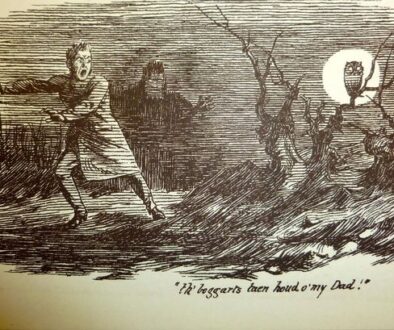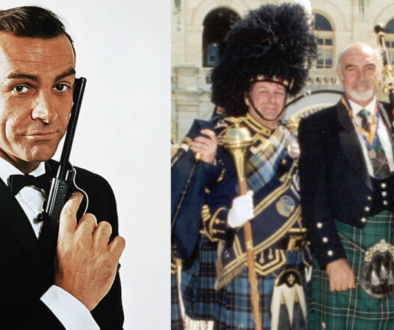Sir Antonius

I bid good night to one of the great actors of our age. Born Carl Adolph von Sydow in Lund, Sweden, Max von Sydow (1929-2020) started out among the stable of versatile, mostly Scandinavian actors who worked with the consummate Swedish director Ingmar Bergman (1918-2007). This repertory included Harriet Andersson, Bibi Andersson, Erland Josephson, Ingrid Thulin, Gunnar Björnstrand, and the sublime Liv Ullman. Once Bergman started to be recognized outside graduate film seminars, his posse started to work all over the West, including within American film and TV. None of them made the splash of von Sydow.
I first remember being impressed with von Sydow – and Bergman – when I crashed a late-night film festival during my years at Denison University. Almost surely ripped after a dorm party, I wasn’t at all ready for the gritty Medieval starkness of Virgin Spring (1960), in which von Sydow portrays a rawboned farmer whose daughter is killed by three ruffians, guests in his home, one just a boy. He single-handedly kills them all. It\’s not really an adventure film; it\’s more of a tragedy. I remember being gripped by the recreation of Medieval life, as well as von Sydow\’s character.
It’s hard to decide on von Sydow’s signature role. For most Americans, it would probably be the title part in the vastly popular The Exorcist (1973). For me, von Sydow’s American film will always be Three Days of the Condor (1975), the Robert Redford/Faye Dunaway espionage/shoot-em-up. As the assassin Joubert, Von Sydow absolutely nails the final scenes. Singlehandedly, he involves you; he makes you suspend your disbelief; he hauls Redford and Dunaway along with him.
But overall, I would bet that von Sydow may be most remembered as the knight Antonius Block in one of the acknowledged classics of world cinema, The Seventh Seal (1957), like Virgin Spring set in the Medieval past of Sweden. Returning to his home after the Crusades during the scourge of the Black Plague, von Sydow’s knight engages in a memorable game of chess with the unforgettable, harlequinesque incarnation of Death.
Sort of like the great Olivier (Sir Laurence, FYI, 1907-1989), once he had lost his leading-man status – meaning, “too old to be Hamlet” – von Sydow played all manner of roles, including the comic and the antic. He appeared in one of the \”Star Wars\” flicks (The Force Awakens) and in the TV series Game of Thrones, as the Three-Eyed-Raven, FYI. Wasn’t he also “Ming the Merciless” in one of the Flash Gordon films? What the hey. Sir Larry was Zeus in Clash of the Titans (1981), the Harry Hamlin version.
It’s not unusual for us to be curious about the thoughts of great artists. Von Sydow didn’t advertise many of his opinions, but he was known for most of his life to be an atheist, a fashionably devout secular humanist. (No God, no angels, no afterlife…) His old friend and mentor Ingmar Bergman did have spiritual beliefs, including in an afterlife, and the pair had many a jest about the matter during their long association. Bergman, it seems, had told von Sydow that he would prove to him that there was a life beyond: he would contact him after his own death – or so von Sydow confessed to Charlie Rose in a 2012 interview. Rose followed up with the obvious question, and von Sydow answered that he was sure he had heard from Bergman. He kept most of the details to himself, but he did add that his doubt was gone.
As is mine, Sir Knight. I can see you at this moment, telling Bergman he was right, playing chess with Death, and this time not needing to tip the board to beat the pants off him and win another round for life. On with you, Sir! I have admired you.



